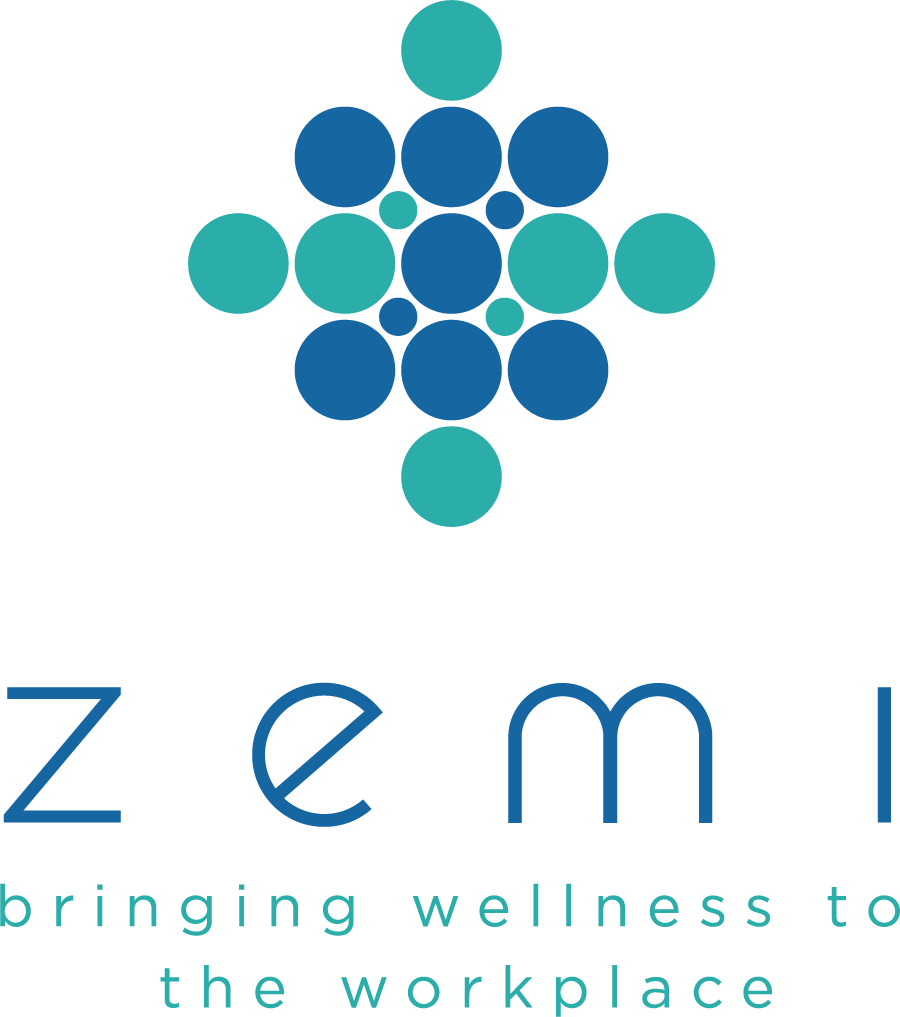October is Breast Cancer Awareness Month
It’s Breast Cancer Awareness Month- that means it is time to start thinking about the health of your breasts. Whether you are male or female, you have breasts, and it’s important to be aware of them. What do your breasts normally look like? How do they normally feel? Are you cognizant of any changes? Get checked out by a medical professional right away if you notice anything unusual.
It’s also important to be breast aware in terms of your risk for breast cancer. If you have a family history of the disease, you may be at increased risk, and it is best to talk to you doctor about your risk and what you can do to negate those risks.
Support your breast health by taking the following action steps:
Perform monthly breast self-exams and report any changes to your doctor.
Schedule regular mammograms.
Limit your alcohol intake.
Maintain a healthy weight.
Exercise regularly.
Eat a healthy diet. (Click here for some great ideas from Dr. Josh Axe)
When it comes to breast cancer, knowledge is power. The more you know about the disease, the better equipped you are to deal with it if you or someone you love is diagnosed.
Here are some facts about breast cancer that everyone should know:
Breast cancer is the most common cancer in women.
Breast cancer is the second leading cause of cancer death in women.
Early detection is key to successful treatment.
There are different types of breast cancer, and each type is treated differently.
Breast cancer can occur in men as well as women.
Breast cancer is not just one disease – it is a group of diseases with different causes.
Genetics play a role in some cases of breast cancer.
Breast cancer is treatable, and there are many different treatment options available.
There is no one “right” way to treat breast cancer – each person’s treatment plan is individualized.
There is no sure way to prevent breast cancer, but there are things you can do to reduce your risk. (Please see the actions step above).
If you or someone you love has been diagnosed with breast cancer, know that you are not alone. There are many resources available to help you through this difficult time.
These organizations can provide support and more information:
This Breast Cancer Awareness Month. Make a commitment to being breast aware. It could save your life.

